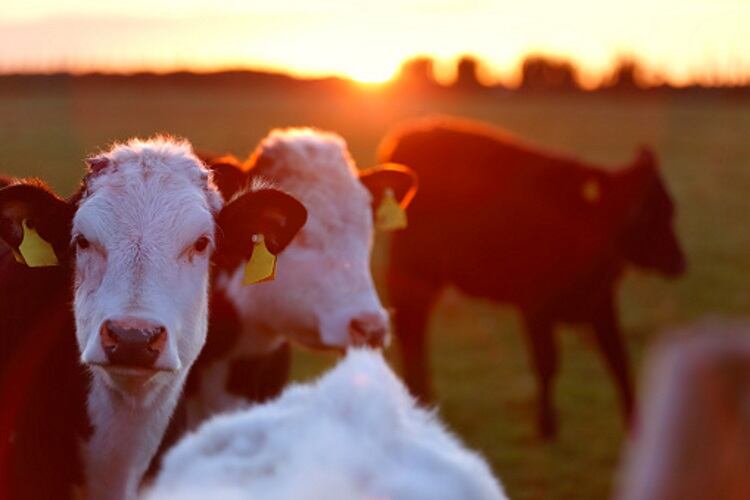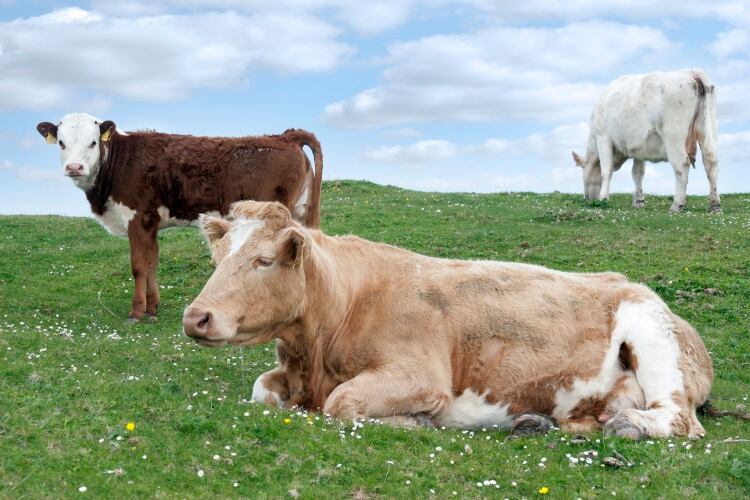The talks, attended by processor trade body Meat Industry Ireland (MII), the Irish Farmers Association (IFA) and farmer lobby group Beef Plan Movement, took place over the past week to address what producers feel are unfair payments received compared to the retail prices.
The ongoing issue of payments had led to a series of protests by Beef Plan Movement outside Irish meat processing plants, and in some cases disrupted production.
The group was less than pleased with the outcome of the talks. In a statement to Global Meat News, it said: “The fundamental reforms of the industry that we asked for have not been delivered as we have asked.
“Progress was made on a number of individual points however the overall dysfunctional model remains and farmers remain in a vulnerable and open to exploitation.”
The IFA also expressed disappointment at some points not being resolved, particularly prices.
President Joe Healy said: “Despite movement on a number of issues, beef farmers will be disappointed that there is no increase on the main issue of beef prices. The fact that the talks took place on the precondition that price would not be discussed was ignoring the elephant in the room.”
A spokesman for MII said “progress has been made on a significant number of points and we welcome the agreement reached” but recognised that “the current very weak beef market and the consequential knock-on impact on producer beef prices remains a major pressure point in the sector”.
Positive steps
Points agreed upon during the talks included a review of the Quality Payment System (QPS), the introduction of an appeals system for carcase classification in meat plants, a broadening of the in-spec bonus criteria and an independent study on price composition along the supply chain as well as the need for an independent grocery regulator.
MII added: “The best interests of the entire sector and for overall market returns for Irish beef are best achieved through a continued focus on the production of animals that meet the market specifications of key customers at home and in export markets.
“To deviate from producing animals that the marketplace requires would have been a retrograde step for the entire sector. As we face the mounting danger of a No-Deal Brexit, the reality is that we need to do everything possible to hold our position in the UK market.”
The IFA also raised the issue of imports with differing standards to the EU claiming: “it should be ensured that imports which do not meet the same stringent standards as EU producers are banned”.




